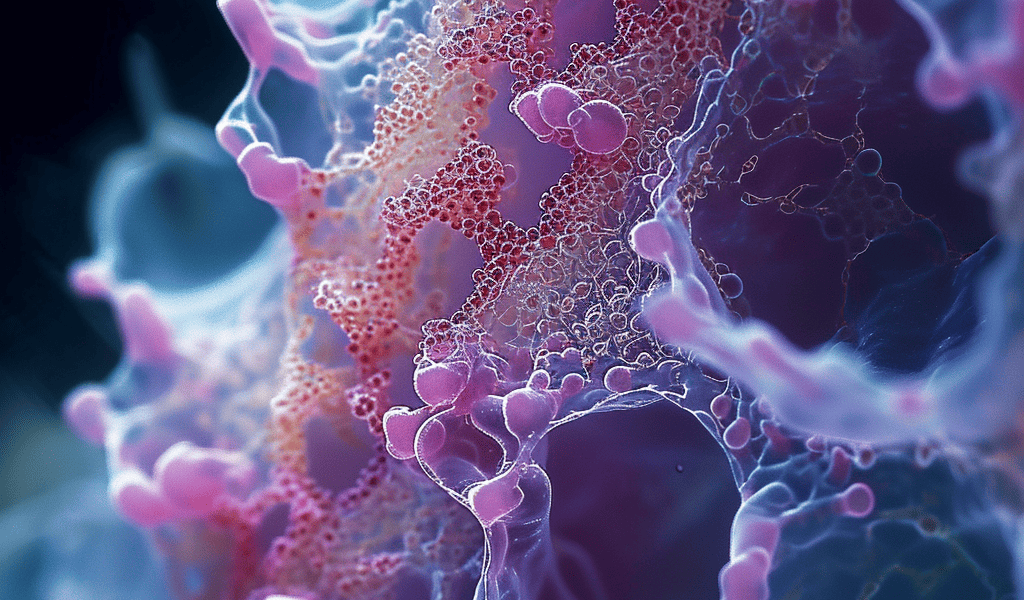Scientists have made a groundbreaking discovery in the field of anti-aging research, uncovering the potential of a little-studied protein within plant cells that could hold the key to unlocking human longevity.
The Golgi apparatus, an organelle responsible for processing and packaging proteins and lipids within plant and animal cells, has been identified as a new target in the quest to combat aging. This surprising finding comes after researchers at the University of California Riverside (UCR) delved into the role of the Golgi apparatus in responding to stressors in plant cells.
Lead author Heeseung Choi, a researcher in the Botany and Plant Sciences Department at UCR, likened the Golgi apparatus to the post office of the cell, packaging and sending out essential proteins and lipids to where they are needed. The Golgi’s function is crucial for cell activity and overall health, and any damage to this organelle can disrupt normal cellular processes, impacting the cell’s functionality and health.
The study also highlighted the role of the conserved oligomeric Golgi (COG) protein in attaching sugars to proteins and lipids before transporting them within the cell. This glycosylation process is vital for various biological functions, including protein folding and the adaptive immune response.
Professor Katie Dehesh, co-author of the study and a molecular biochemistry expert at UCR, emphasized the significance of this discovery, stating, ‘For the first time, we have defined the profound importance of an organelle in the cell that was not previously implicated in the process of aging.’
The implications of this discovery extend beyond plant cells, offering potential applications in human anti-aging research. By understanding the mechanisms that preserve cell longevity in response to stressors, researchers hope to unlock new strategies for combating aging and age-related diseases.





